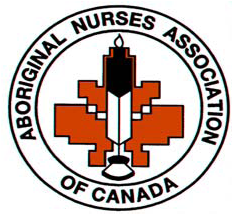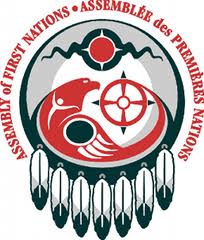OTTAWA , April 28, 2015 – The Canadian Nurses Association (CNA) and the Aboriginal Nurses Association of Canada (A.N.A.C.) are troubled by the auditor general’s findings on access to health services in remote First Nations communities. Of particular concern is the neglect for the principles of primary health care, the lack of federal support for the nurses who work in these locales, the inadequate allocation of resources and the repetition of problems from previous reports. In representing Canada’s registered nurses (RNs), CNA and A.N.A.C. speak for the predominant primary caregivers in these communities. In 2014, these organizations released a study on aboriginal health nursing and aboriginal health that concluded that barriers and the need for better aboriginal health are well-documented, but that effective action is needed.
“The federal government has a mandated responsibility to ensure availability and access to health services for First Nations and Inuit communities and to help these communities achieve health levels comparable to other Canadians,” said CNA president Karima Velji. “Unless the federal government adopts new and different strategies, including targeted investments with key partners to meet their mandate, this gap in health status will continue to widen and perpetuate further disparities in education, employment, income and other areas.”
The auditor general’s report reinforces the 2014 CNA-A.N.A.C. study while underscoring the need for creative and innovative solutions. Many groups, including this federal government, have devoted significant energy and resources to improving health and well-being in First Nations communities, but they have yet to find widespread success.
“Aboriginal health inequities are deeply rooted in this country’s health system – from the lack of aboriginal nurses in leadership and direct care positions to the disregard for indigenous health practices,” said A.N.A.C. president Lisa Bourque-Bearskin. “The consequences of these inequities are clear in the evidence that access and health status for First Nations individuals in remote communities are not comparable to other residents in similar rural locations.”
Indigenous education, for example, needs more support for both health-care providers and Aboriginal Peoples. Having inadequate staffing in nursing stations makes it difficult for nurses to attend training – especially since this training is often held far from home and patients. Building infrastructure and opportunities for virtual education would connect more nurses to the professional development they need. Likewise, improving educational support in First Nations communities (especially in math and science) and for aboriginal post-secondary learners could bolster the recruitment and retention of aboriginal nurses in remote communities.
CNA and A.N.A.C. have already committed to collaborating on the priorities identified in the study, including addressing institutional policies and administrative barriers (e.g., racism) that make it harder for nurses to provide the care aboriginal people need. CNA and A.N.A.C. acknowledge the many challenges facing Health Canada’s First Nations and Inuit Health Branch and are supportive of their current efforts. Moving forward, the associations want to work with others to develop clear objectives, timelines and accountabilities. Additionally, CNA and A.N.A.C. would like the federal government to establish an annual report card to monitor activities and progress.
CNA is the national professional voice of registered nurses in Canada representing 135,000 registered nurses. CNA advances the practice and profession of nursing to improve health outcomes and strengthen Canada’s publicly funded, not-for-profit health system.
A.N.A.C. is the longest standing indigenous professional health organization in Canada that is governed by a board of directors whose mission is to improve the health of First Nation, Inuit, and Métis people, by supporting First Nation, Inuit and Métis nurses and by promoting the development and professional practice of aboriginal health nursing.
SOURCE Canadian Nurses Association




Be the first to comment on "Nurses insist on accountable action following First Nation substandard health report"